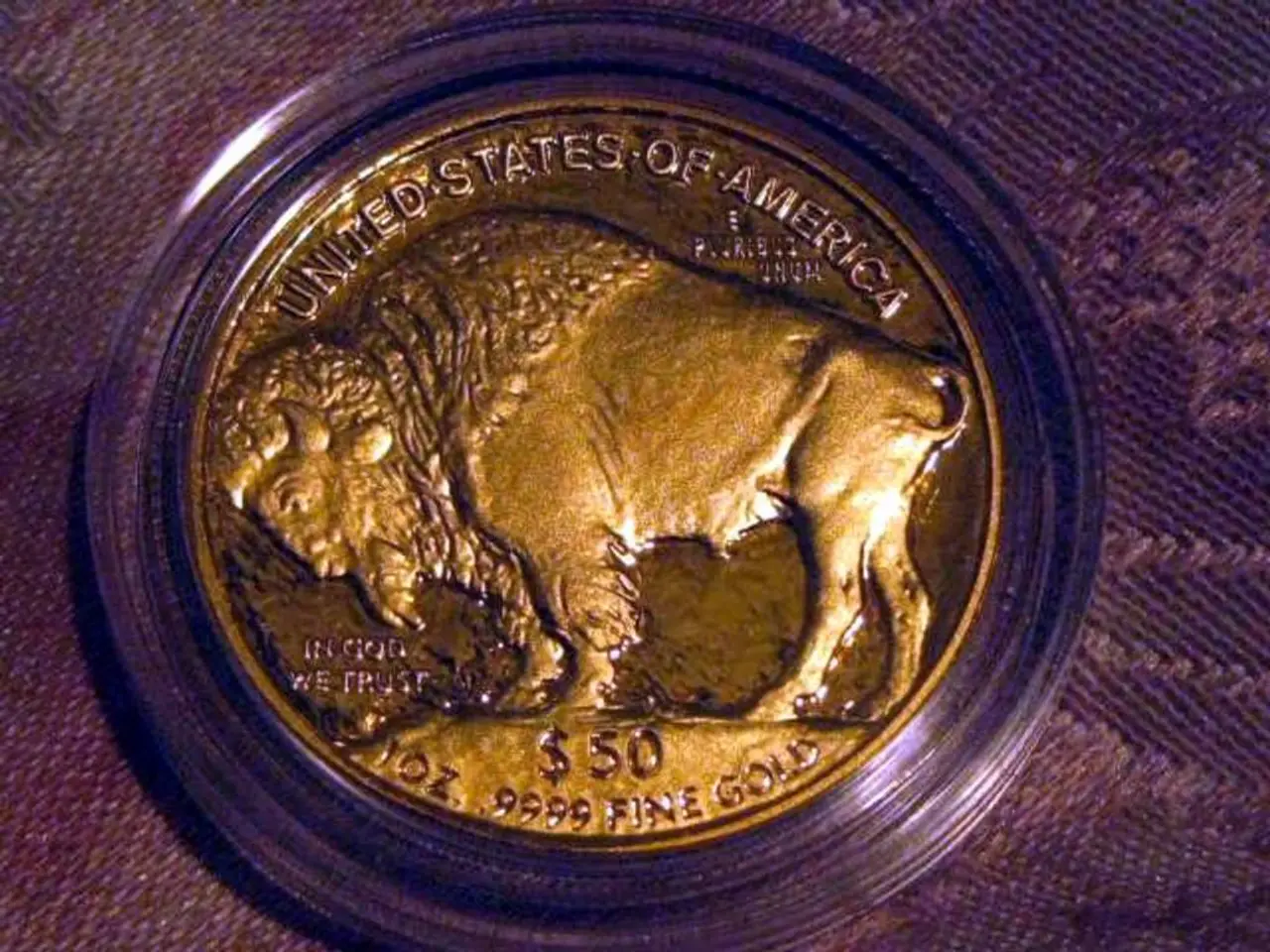Pakistan claims victory in US tariff agreement negotiations; Trump references oil reserves accord
The United States and Pakistan have concluded a significant trade deal, focusing on the joint development of Pakistan’s oil reserves and a reduction in reciprocal tariffs, particularly for Pakistani exports to the U.S. This agreement marks a strategic economic collaboration aimed at enhancing Pakistan’s market access to the U.S., boosting bilateral trade, and encouraging U.S. investment in Pakistan’s infrastructure and development projects.
President Trump announced the deal on social media, mentioning the selection of an American oil company to lead the partnership for the development of Pakistan's oil reserves, most of which are believed to be in the insurgency-hit southwestern province of Balochistan. However, the exact location and oil company selected have not yet been specified.
The deal also includes a reduction in reciprocal tariffs, which could stimulate greater trade activity between the two nations. Pakistan, which has previously relied on oil imports from the Middle East, could enhance its energy self-sufficiency in the long term due to this development.
The agreement reflects a broader effort to deepen bilateral economic ties and expand cooperation in various sectors, including energy, mines and minerals, IT, and cryptocurrency. The deal is expected to focus on these sectors, with the potential for broader implications for bilateral investment and regional energy dynamics.
According to the U.S. Census Bureau, the total U.S.-Pakistan trade was estimated at $7.3 billion in 2024, up from about $6.9 billion in 2023. The U.S. goods trade deficit with Pakistan was $3 billion in 2024, up 5.2% from 2023.
Pakistan’s finance minister, Muhammad Aurangzeb, led the final round of talks in Washington, and the deal has been described as a "win-win" by both parties. However, specific tariff rates or detailed provisions have not been publicly disclosed.
In recent weeks, other Pakistani officials have visited for talks, and the collaboration is expected to continue in various sectors. Meanwhile, Trump has also announced a tariff of 25% on goods imported from India’s arch foe, Pakistan, set to start from Friday. However, he stated that Washington is still negotiating with India on trade.
It's important to note that India disputes Trump’s claims that the ceasefire between the two nations resulted from his intervention and trade threats. Pakistan, on the other hand, has recently appreciated the "pivotal role" of Trump and Rubio in de-escalating tensions between Pakistan and India.
In conclusion, the U.S.-Pakistan trade deal signifies a promising step towards economic collaboration, focusing on energy resource development and trade facilitation. The deal's success could pave the way for further bilateral investment and regional energy dynamics.
- The trade deal between the United States and Pakistan, focusing on energy resource development and trade facilitation, could have significant implications for Pakistan's finance sector as increased bilateral trade and U.S. investment in infrastructure projects are expected.
- The agreement, involving reduction in reciprocal tariffs and a potential focus on various sectors such as energy, IT, cryptocurrency, and mines and minerals, may also influence Pakistan's business environment and economic relations with other nations, particularly in the Middle East and India.




